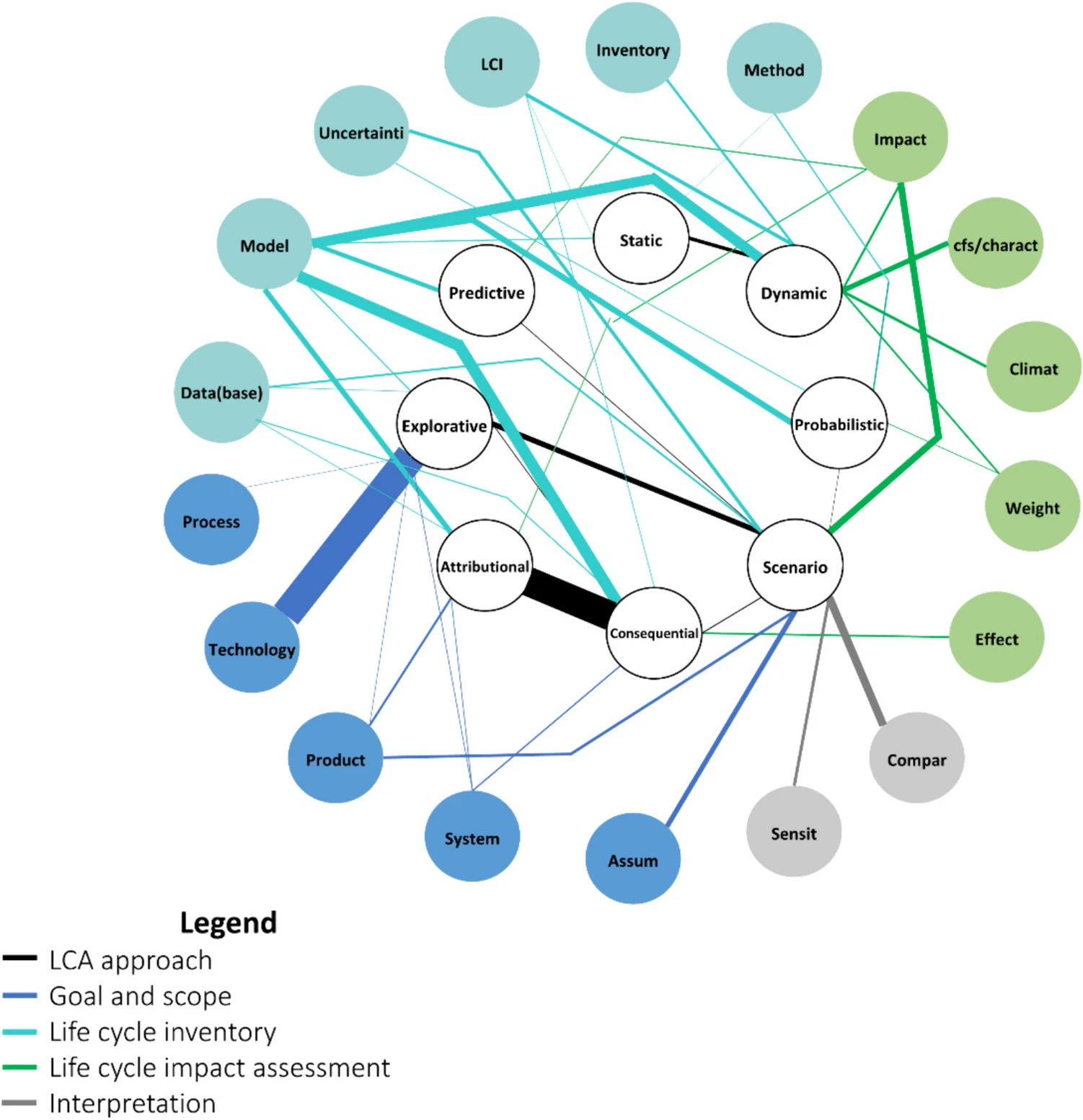SDGs supported:



Our research group specialises in advanced Life Cycle Assessment (LCA) and circular design, offering innovative frameworks and probabilistic models to optimise sustainability, resilience, and resource efficiency. We provide data-driven solutions for material reuse, lifecycle optimisation, and time-sensitive intervention planning to support sustainable decision-making.

Our approach to Sustainable Development
Comprehensive Life Cycle Assessment (LCA) frameworks
We develop systematic frameworks for LCA that address uncertainties and incorporate advanced techniques like text mining. This enables precise mapping of LCA stages—Goal and Scope, Inventory, Impact Assessment, and Interpretation—while integrating circularity principles to enhance material reuse and resource efficiency.
Predictive and risk-integrated models
Our probabilistic models assess the evolutionary performance of structures, factoring in upgrades (e.g., retrofits) and downgrades (e.g., deterioration). These models promote circularity by forecasting the reuse potential of materials and components, enhancing resilience and reducing waste.
Multi-criteria optimisation for circularity
We optimise designs for new constructions and renovations, balancing resilience, environmental impact, social sustainability, and cost efficiency. By embedding circular economy principles, we identify solutions that maximise material recovery and minimise lifecycle environmental footprints.
Time-dependent circular intervention planning
We provide decision-makers with probabilistic assessments to determine optimal times for circular interventions, such as repurposing or upgrading materials. This approach minimises risks from sudden events, ensures resource efficiency, and aligns with long-term sustainability and resilience objectives.
Impact
Our work delivers enhanced sustainability and resilience by optimizing lifecycle performance, reducing environmental footprints, and promoting circular economy practices. Key impacts include minimising lifecycle waste, increasing material reuse rates, and achieving cost-efficient interventions. Performance is measured through KPIs like waste reduction, improved resource efficiency, and economic savings. Exploitable results include an advanced LCA framework, predictive tools for structural evolution, and decision-making solutions for sustainable, time-sensitive interventions. Together, these innovations drive impactful, data-driven decision-making for long-term sustainability.
Funding received from our UKRI, British Academy and HORIZON research grants, see more below:
https://metainfrastructure.org/projects/